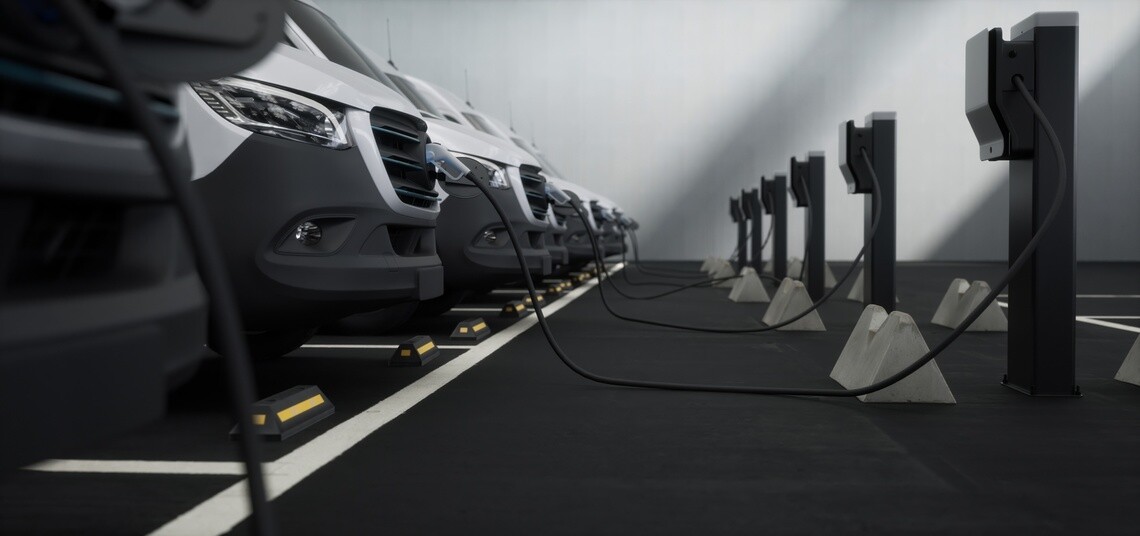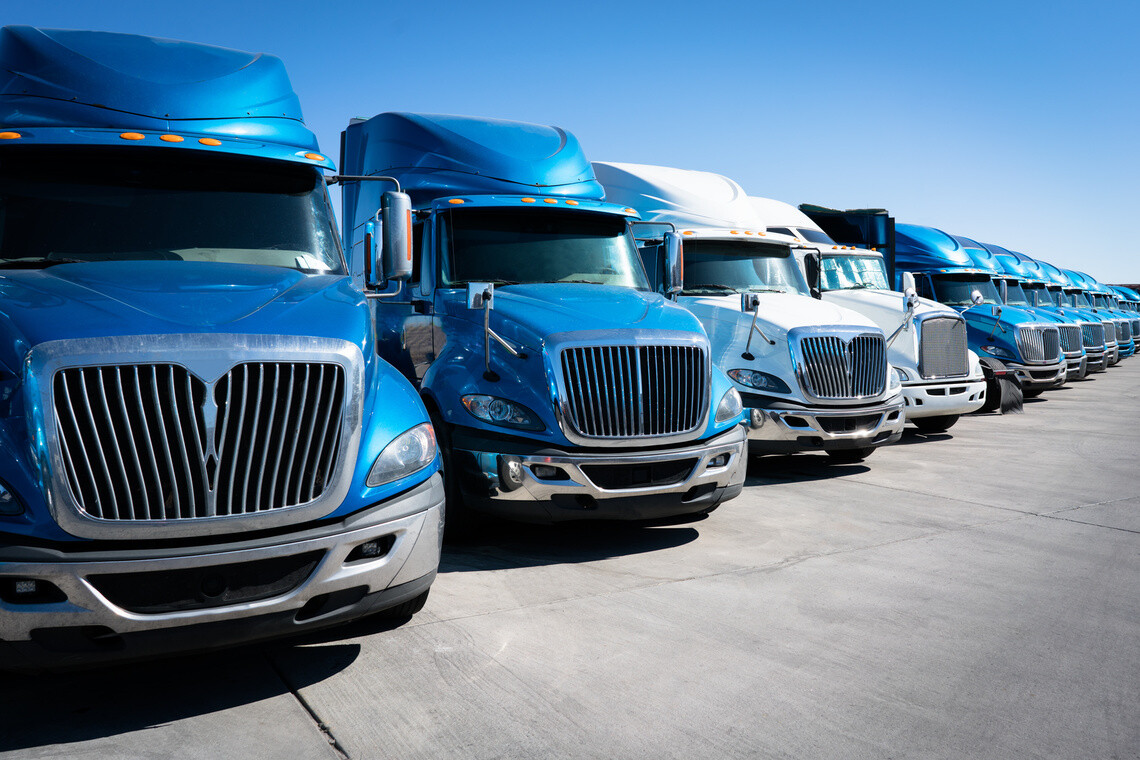
Fleet of vans charging
Sustainability goals and reducing environmental impact are important for businesses – and fleet owners are no exception. Fleet sustainability is crucial for not only reducing carbon footprint, but also lowering total cost of ownership (TCO).
Electric Vehicles (EV) are one of the most popular ideas for helping reduce environmental impact, but there are some challenges right now for those who want to turn to electric fleet vehicles as there is a shortage of inventory and higher per-vehicle costs compared to internal combustion (IC) vehicles.
The price tag and inventory shortages associated with EVs right now doesn’t mean fleet operators don’t have other steps they can take today to become more sustainable in the future.
Michelin’s latest white paper will dive into four strategies fleets can use now, to become more sustainable. These four strategies at a glance include:
- Conducting a periodic, complete fleet inspection. A tire inspection ensures tires are maintained correctly, including correct tire pressure – helping avoid over- and under-inflation. These, and more, can negatively alter fuel consumption of your fleet, impacting overall pollution.
- Training fleet drivers to make sure they are driving with high efficiency. The frequent stop-and-go driving of urban fleets contributes to fuel consumption, so refreshing fleet drivers on simple tactics to help mitigate fuel waste will lower harmful emissions and improve fuel savings.
- Choosing quality tires for your fleet. When you choose tires that are higher-qulity, you not only help with your fleet's fuel economy, but also with keeping additional tires from ending up in a landfill sooner than those of lower quality. Quality tires also impact your total cost of ownership (TCO) by reducing tire maintenance costs.
- Partnering with vendors and companies who focus on sustainable mobility. Companies dedicated to sustainability can provide fleet owners with invaluable guidance for managing their fleets in the most sustainable way.
Check out the white paper for more in-depth information on each strategy to help your fleet become more sustainable, lower your TCO and prepare for an eventual transition to sustainable fleet vehicles.







